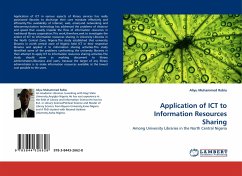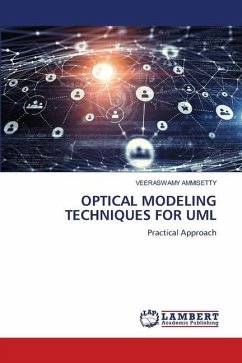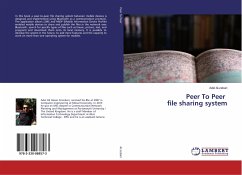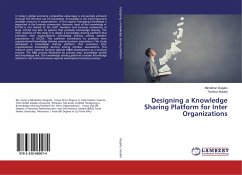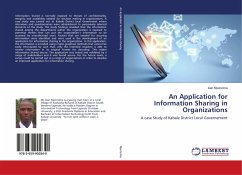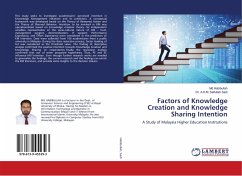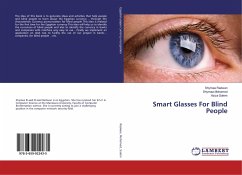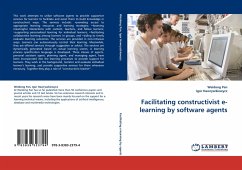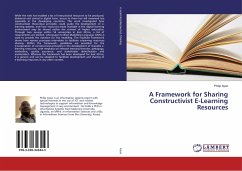
A Framework for Sharing Constructivist E-Learning Resources
Versandkostenfrei!
Versandfertig in 6-10 Tagen
37,99 €
inkl. MwSt.

PAYBACK Punkte
19 °P sammeln!
While the web has enabled a lot of instructional resources to be produced, delivered and stored in digital form, access to them has still remained less especially in the developing countries. This work investigated how constructivist theoretical principles could guide the development of e-learning systems, and how resources made available in the digital learning environment may be shared within the context of higher education. Through two surveys within 54 universities in East Africa, a list of requirements are elicited, whereupon Unified Modelling Language (UML) is used to provide the notatio...
While the web has enabled a lot of instructional resources to be produced, delivered and stored in digital form, access to them has still remained less especially in the developing countries. This work investigated how constructivist theoretical principles could guide the development of e-learning systems, and how resources made available in the digital learning environment may be shared within the context of higher education. Through two surveys within 54 universities in East Africa, a list of requirements are elicited, whereupon Unified Modelling Language (UML) is used to provide the notation for the modeling. The resultant framework shows how various processes interrelate to facilitate e-learning resources sharing. Within the framework, guidelines are provided for the incorporation of constructivist principles in the development of sharable e-learning resources, with emphasis on relevant learning theories, pedagogy, motivation, quality assurance, and stakeholder identificationand involvement. Whereas the framework has been developed for East Africa, it is generic and can be adapted to facilitate development and sharing of e-learning resources in any other context.



